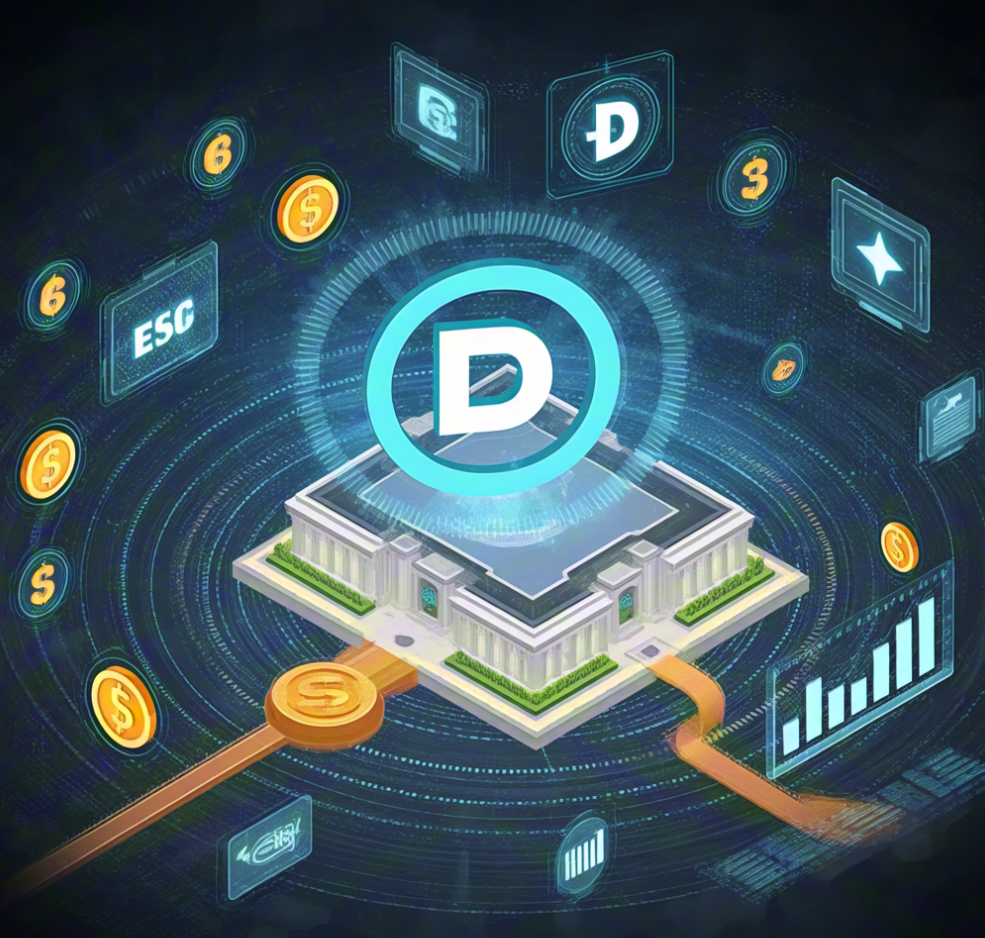AI-Driven Liquidity Optimization: The Intelligent Transformation of DEX in the Web3.0 Era
Artificial intelligence is driving the intelligent transformation of DEX platforms, optimizing liquidity management. This article explores AI applications in decentralized exchanges, including liquidity forecasting, trading strategy optimization, and risk control, and analyzes how it improves trading efficiency and user experience.
1. Introduction
With the rapid development of Web3.0, decentralized exchanges (DEXs) are becoming critical platforms for digital asset trading. However, many DEXs suffer from fragmented liquidity and high slippage. To overcome these challenges, artificial intelligence (AI) is being introduced into DEX infrastructure, pushing them towards more intelligent and efficient operations.
2. AI Empowering DEXs: Key Applications

2.1 Liquidity Forecasting and Intelligent Allocation
AI can analyze historical trading data, user behavior, and market trends to accurately predict future liquidity demand. Deep learning models can identify peak liquidity demand periods, allowing platforms to prepare liquidity pools in advance. Moreover, AI can dynamically allocate liquidity based on asset pair volatility and trading volume, improving capital utilization.
2.2 Optimized Trading Strategies
AI-powered algorithms learn from market patterns to develop adaptive trading strategies through backtesting and training. Unlike traditional algorithmic trading, AI-driven strategies respond more quickly and intelligently to market signals. They factor in sentiment analysis, news feeds, and on-chain data to optimize order routing, minimize slippage, and enhance trade execution.
2.3 Risk Management and Anti-Fraud Detection
AI plays a pivotal role in enhancing security. It monitors suspicious trading behavior, liquidity shocks, and capital anomalies in real-time. In events such as flash loan attacks, AI models can detect unusual activity and automatically trigger pool locking to mitigate losses. These mechanisms significantly improve risk control for DEX platforms.
3. Positive Impact of AI on the DEX Ecosystem

AI significantly enhances trading efficiency and user experience on DEXs. Intelligent order matching and liquidity management ensure smoother and more reliable trading. Enhanced risk management builds user trust and safeguards assets. For liquidity providers and market makers, AI boosts capital turnover and return on investment.
4. Challenges and Future Outlook
Despite its potential, AI faces challenges in DEX integration, such as limited training data, algorithm transparency, and privacy concerns. Another hurdle is ensuring AI systems remain decentralized and avoid reintroducing centralized control. Solving these issues is essential for sustainable growth.
Looking forward, as AI evolves and blockchain data becomes more standardized and accessible, the synergy between AI and DEX will deepen. A more intelligent, secure, and efficient decentralized trading environment is on the horizon, promising broader adoption and improved accessibility in Web3 finance.
5. Conclusion

AI is redefining how DEXs operate, adding new vitality to the Web3 ecosystem. The intelligent transformation of decentralized exchanges not only represents technological innovation but also paves the way for inclusive finance and the global free flow of assets.
















No comments yet